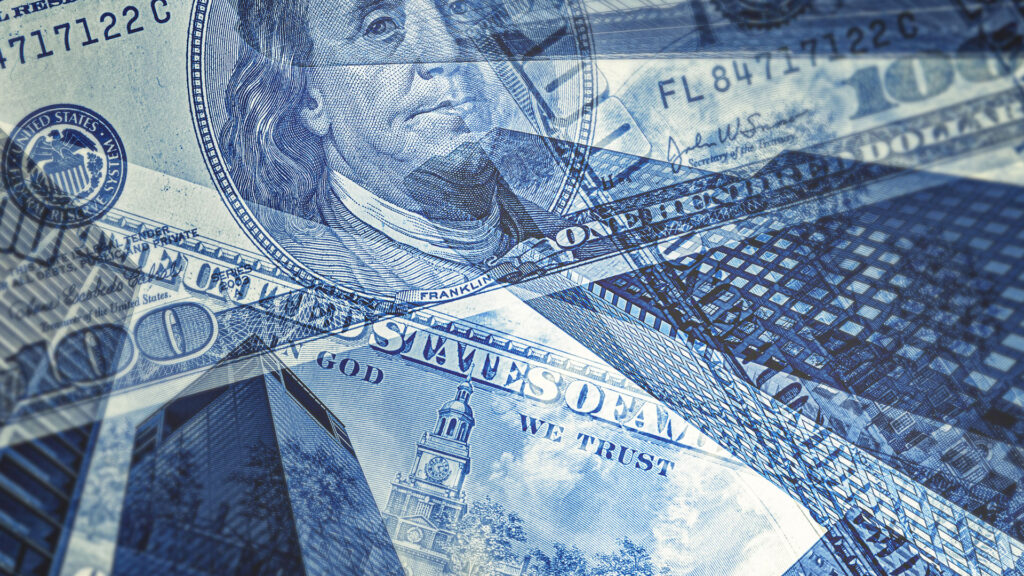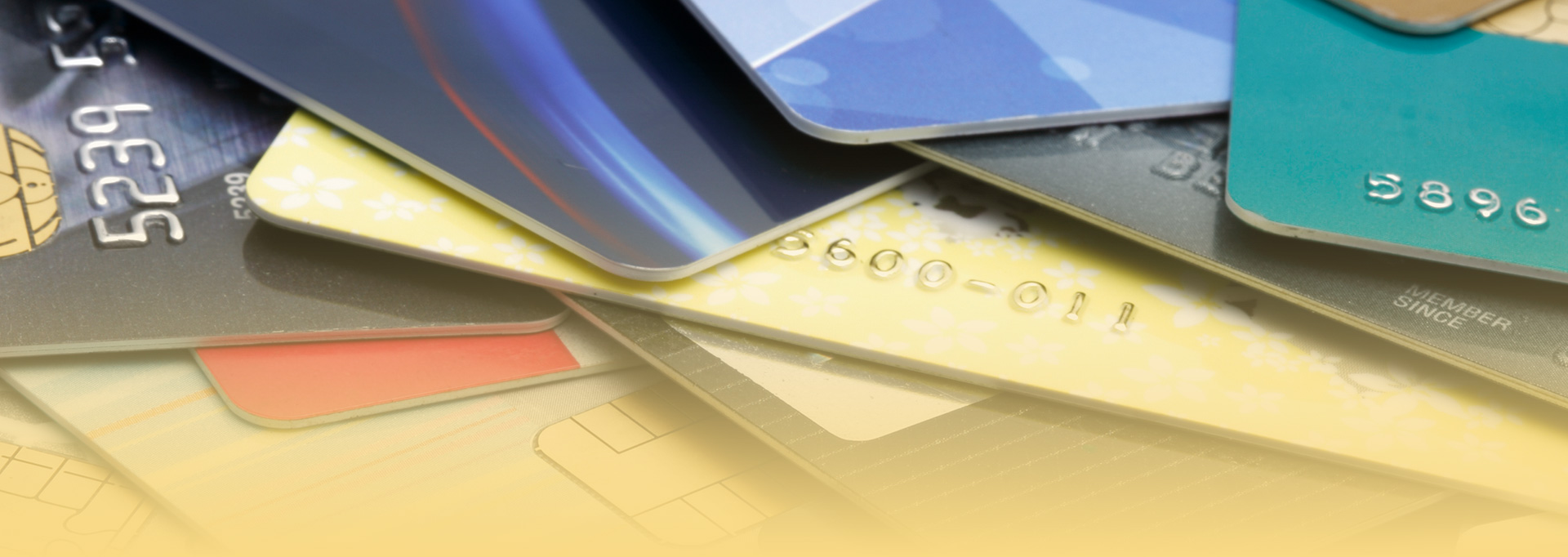Most products on this page are from partners who may compensate us. This may influence which products we write about and where and how they appear on the page. However, opinions expressed here are the author's alone, not those of any bank, credit card issuer, airline or hotel chain.
Leaving your cares behind to go on vacation is something most of us love to do. But if you go into debt to finance a vacation, your budget and credit scores could suffer the consequences of that decision. Whether you're planning a dream summer trip or getting ready to travel for the winter holidays, it's possible to enjoy your time away without the post-travel debt hangover. Here are five expert tips to plan for a debt-free vacation.
How to plan for a debt-free vacation:
- Save a little each month
- Set up a savings account
- Boost your savings
- Earn travel rewards
- Create a travel budget
1. Save a Little Each Month
The best way to avoid going into debt when you go on vacation is to save money in advance for your trip. Review your monthly budget and determine how much extra cash you are comfortable saving for a future trip. It's OK to start small—just $20 a week adds up to $1,040 over the course of a year. A budgeting app can help you navigate this process if you don't already have a preferred system in place.
2. Set Up a Dedicated Savings Account
When you're saving money with a specific purpose in mind, it's helpful to stash your cash in a separate savings account. Removing your vacation fund from your general checking account makes it less tempting to spend the money on something else. You can even store your money in a high-yield savings accounts. These savings accounts may earn a higher annual percentage yield (APY), and could give your money the opportunity to grow at a faster rate.
 Related Article
Related Article
Best High-Yield Savings Accounts (April 2025)
3. Supercharge your Savings
In addition to saving a little cash each month, you may be able to find other ways to supplement your vacation budget. For example, if you get a tax refund, work bonus or cash gift, see if you can tuck that away in your savings account. You can also consider selling unused items, picking up a side hustle or search for ways to reduce your monthly expenses.
4. Earn Travel Rewards
If you have a travel rewards credit card, you could be already be earning travel rewards you can later use for your trip. Review your credit cards, especially travel and cash-back cards to see what rewards you could be earning or already have stashed away and see if you can apply these to your travel plans.
 Related Article
Related Article
Why the Chase Sapphire Preferred and Chase Freedom Unlimited Make the Perfect Duo
5. Create a Travel Budget
Budget ahead of time for your flight costs, hotels, food, activities and unexpected fees. It's a good idea to incorporate some extra miscellaneous funds into your travel budget too. Doing so gives you freedom to make a few spontaneous purchases. The more you plan for in advance, the fewer unexpected expenses you're likely to be hit with.

4 Ways to Earn More Interest On Your Savings
Up Your Travel Rewards Game
Travel and cash rewards can be super helpful with travel planning on a budget, as mentioned above. Here are some strategies to help you earn free travel:
- Qualify for new credit card sign-up bonuses.
- Use rewards credit cards to earn points, miles or cash back on everyday purchases.
- Open a new bank account and take advantage of new customer bank bonuses.
- Sign up for hotel loyalty programs.
Some sign-up bonuses and rewards rates can be very generous. Some new cardholder bonuses can help you get to your travel destination for free or at a discount.
Earn Cash for Your SpendingBest Cash Back Credit Cards
Visit the Marketplace
Just remember to proceed caution where credit card rewards are concerned. If you don't pay your full balance each month, you could incur expensive interest charges. These fees can negate the value of any rewards you earn. And a high credit card utilization rate could damage your credit score too. Manage your accounts wisely, however, and it's possible to have many credit cards and still maintain a great credit score.
Travel Budget Tips
Before your vacation arrives, plan how you'll spend the money you've set aside for your trip. Depending on the type of trip you're planning, you may need to prepare for a number of travel-related expenses like:
- Airfare
- Lodging
- Gas
- Rental car
- Ride share or taxi fares
- Meals
- Entertainment
- Shopping
Quick Tip
It’s a good idea to incorporate some extra miscellaneous funds into your travel budget too. Doing so gives you freedom to make a few spontaneous purchases.
If you want to remove some of the uncertainty from your vacation budget, you could also consider all-inclusive resorts or travel packages.
Bottom Line
Planning ahead for a debt-free vacation doesn't have to be restrictive. In fact, it can be fun to figure out ways to enhance your vacation budget with free airline miles, credit card rewards and other travel freebies. And if you know that you won't have to face a pile of vacation debt when you return home, your temporary break from reality can be that much more enjoyable.

















